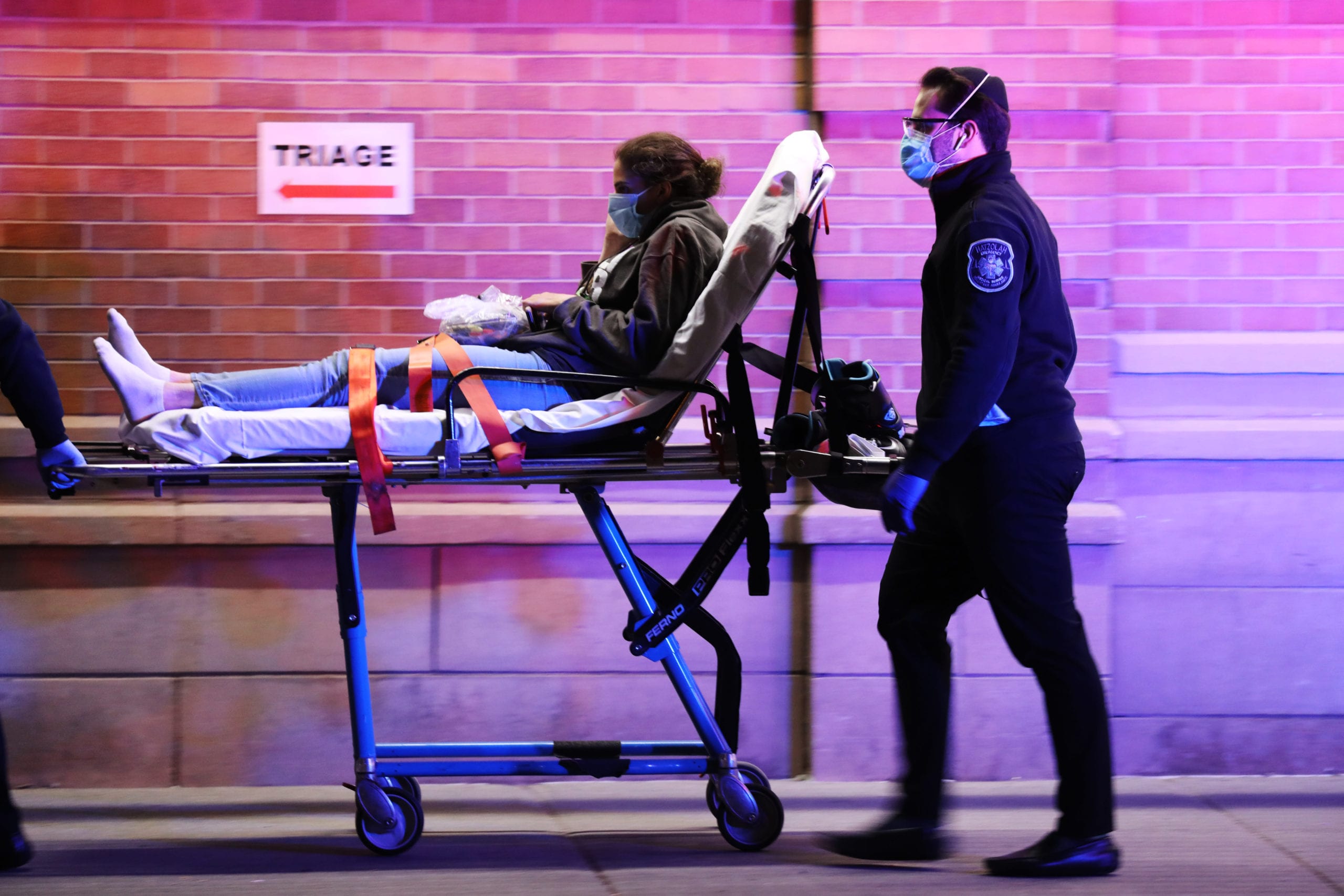[ad_1]
What your doctor is reading on Medscape.com:
MAY 04, 2020 — Here are the coronavirus stories Medscape’s editors around the globe think you need to know about today:
FDA Announces Antibody Test Regulation
The US Food and Drug Administration (FDA) announced new requirements for COVID-19 antibody tests Monday, altering an earlier policy that allowed commercial antibody test developers to validate their own tests and sell them without agency review.
The updated policy requires companies to submit requests for Emergency Use Authorization, along with their validation data, within 10 business days. The FDA has also provided specific performance threshold recommendations for the tests’ specificity and sensitivity.
COVID-19 PPE Gender Divide
Healthcare workers caring for COVID-19 patients spend a lot of time wearing uncomfortable personal protective equipment (PPE). Those who are female or from ethnic minorities face the added problem of PPE that doesn’t fit them, Medscape News UK reports.
“Most PPE we have in the [National Health Service (NHS)] is designed for the male body, and it should be available too for women, given that they make up 75% of the workers in our NHS,” said a professor of general practice and expert on racism and inequality in the UK’s health system. “It is not a new problem, but the current pandemic has made the situation acute — masks need to fit properly.”
Remdesivir Critiques
The results from clinical trials are not usually announced on live television from the Oval Office. However, Director of the National Institute of Allergy and Infectious Diseases (NIAID) Anthony Fauci, MD, chose this unusual setting to share initial information about the trial his institute ran testing remdesivir in hospitalized patients with severe COVID-19 because he was concerned the information would be leaked, Reuters reported.
Adding to the questions, the trial’s primary endpoint had been changed 2 weeks prior to Fauci’s announcement: Initially it was a composite measure to be assessed 15 days after treatment, one that would reflect patient mortality, need for ventilation, supplemental oxygen, and ongoing care; it was changed to an endpoint counting the days it took for patients to recover.
Continued
The Washington Post reported Friday that in response to questions, NIAID said the change in endpoints was based on modeling that accounted for new information about the clinical course of COVID-19, which can last longer than 2 weeks, and that the researchers who made the decision did not have access to the trial’s clinical data. Remdesivir manufacturer Gilead Sciences has said it will donate the first 1.5 million doses of the drug.
Many in the medical community also expect more public information about the trial’s details than NIAID’s initial press release gives. “If there was enough evidence to announce, then there should have been enough to share more fully. And ultimately, completely,” Harlan Krumholz, MD, a Yale cardiologist helping to lead the health system’s COVID-19 response, tweeted Thursday.
On Saturday, he followed up with another tweet: “If [FDA] is giving an Emergency Use Authorization to [Gilead Sciences] to use remdesivir, doesn’t the public deserve to immediately see all the data used for that decision[?] @NIH … please release the data, policy has already moved ahead. Now is the time for transparency.”
VA Terminated Deal for N95s
The Department of Veterans Affairs gave a business named Federal Government Experts LLC — which had no experience selling medical equipment, no supply chain expertise, and very little credit — an important contract to supply the agency’s hospitals with 6 million N95 respirators for $34.5 million. It’s not clear why the VA agreed to pay nearly $5.75 per mask, a 350% markup from the manufacturer’s list price, ProPublica reports. After questions about the deal, the VA quickly terminated it and referred the case to its inspector general for investigation.
In Memoriam
As frontline healthcare workers care for patients with COVID-19, they commit themselves to difficult, draining work and also put themselves at risk of infection. Hundreds throughout the world have died.
Medscape has published a memorial list to commemorate them. We will continue updating this list as, sadly, needed. Please help us ensure this list is complete by submitting names with an age, profession or specialty, and location through this form.
















